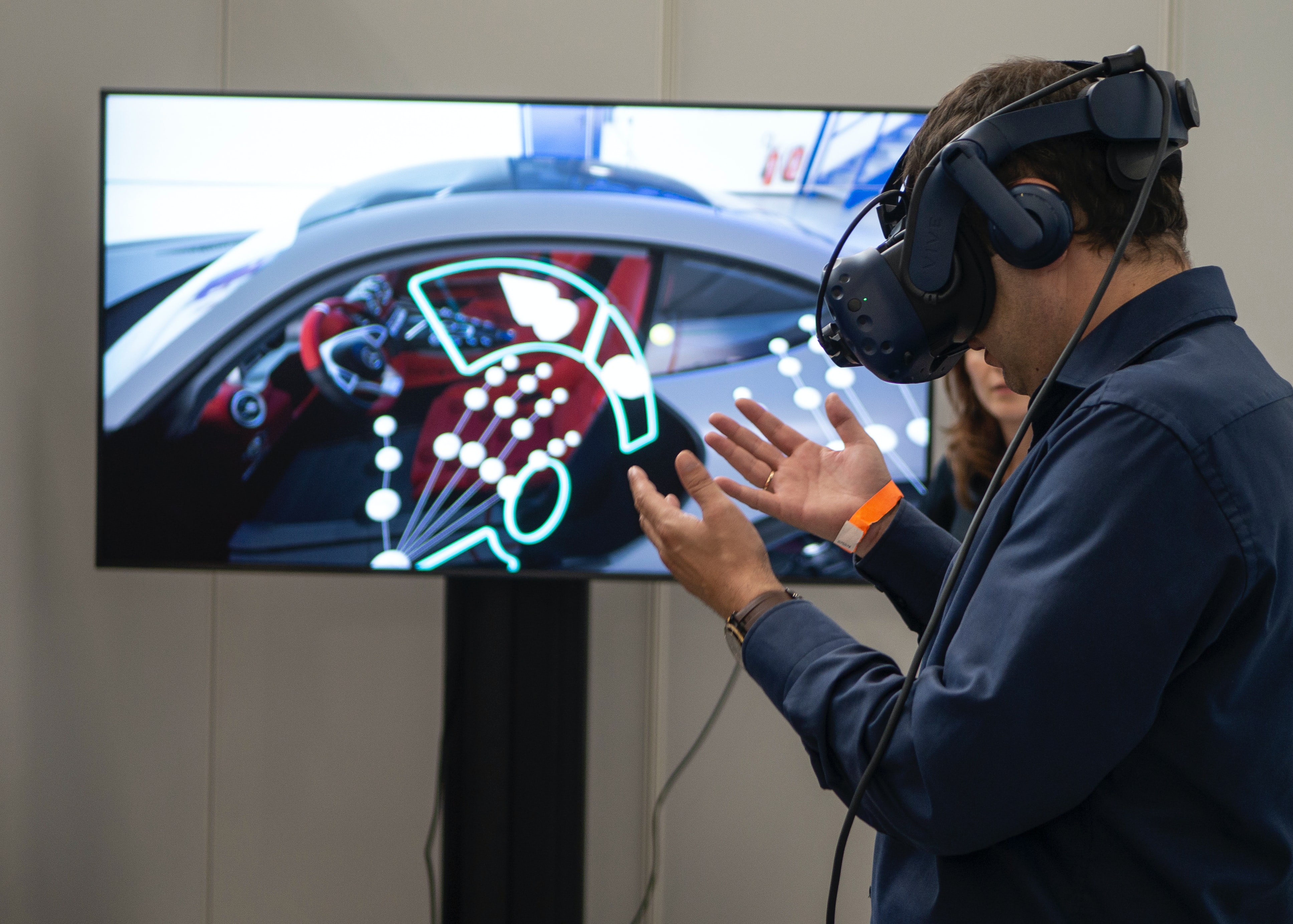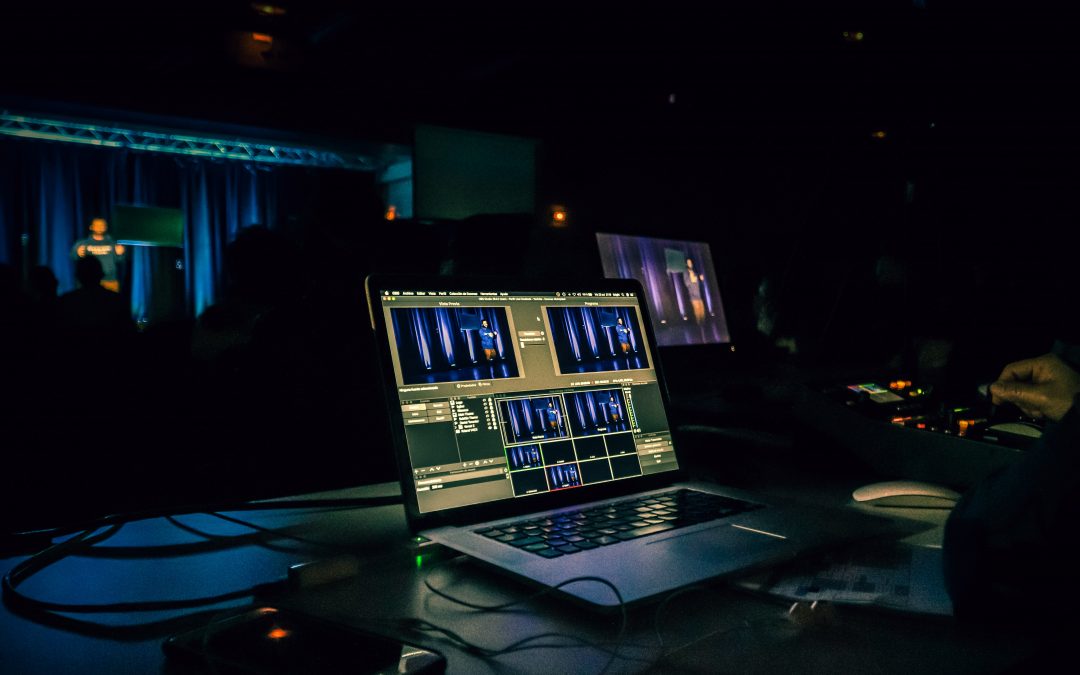With the current global situation, it is indeed wiser to stream events online. As we move forward, the world learns to live through and with changing circumstances every day. There have been exponential digital advancements in the last couple of months in the event industry, with the sector being pushed online. The event industry has not only adapted but evolved with digital innovation, fitting into the new normal beautifully.
As always, the backbone of the event industry is its audience. Their satisfaction and experience encourage the industry to move forward, to create better and more impactful events. As the sector transformed digitally, the customer or the attendee interaction, satisfaction, and experience were also taken to a new level. The user journey was mapped and studied at every stage to make each experience better than the previous one.
Let’s take a look at a few areas that can be digitally transformed to benefit the attendee.
- Registrations
Registrations have always been a cumbersome process. The tiny text, multiple checkboxes, and not enough space to put in your e-mail ID are enough to frustrate anyone. With digital transformation in place, attendees will not have to struggle filling out papers or even forms.
Registrations can now be done through your already existing IDs, with Google, Facebook, Microsoft, and others. Event organizers make use of third-party tools to collect registrations, or these accommodate features into their applications. This way, the attendees are relieved of repeatedly typing in data and trying to scroll through multiple forms to see which box is yet to be filled. The virtual 2020 Virgin Money London Marathon that took place on October 4th saw over 35,000 participants worldwide. The marathon could be run from anywhere, and the miles would be tracked on their phones. The event even had its official app, powered by TCS. All you have to do to register and enter the event was download the app and register through it. There are more ways to garner attendees than hand them user-friendly methods to register. Find out what they are.
-
Live Stream
Previously, events had the drawback of being held at venues that were not accessible to all. It is not practical to purchase an entry to an event and fly halfway across the world to attend it.
With live streaming in the picture, anyone can attend events from literally anywhere. Digital transformation has granted event access to even the remotest corner of the world. An event could be held in New York, and someone from Sydney or London could be a part of it by logging in.
An event that made heads turn recently is the launch of the iPhone 12. On October 13th, Apple held a live streaming event to launch and update its new range of products. The live streaming experience was nothing less than magnificent, as it always is—millions of people across the world tuned in to watch the launch and to enjoy the experience.
- VR and AR
Event experiences are evolving even as we speak. As Virtual Reality and Augmented Reality make their way into the event space, attendees are introduced to immersive experiences.
Bringing AR and VR into events will help spike curiosity and incentivize people to attend and interact with fellow attendees. These technologies have primarily been used as promotional material at a few stalls across conferences and exhibitions. However, recently they are making their way to the mainstream event industry. Toyota is one such company that invests heavily in AR to wow its customers.
Esports is one of the verticals of the event industry that AR and VR thrive in. Esports championships taking place worldwide have attendees or participants take part from their homes, interact, play, and compete on VR or AR platforms. Britain even has its esports association to keep the attendees updated on their upcoming events.

-
Mobile-Friendly process
As mentioned before, the event industry rides on the attendee’s satisfaction. While events being accessible across nations is commendable, they must also be mobile-friendly to be truly accessible.
Not everyone has access to laptops, tablets, or even large screens to view events. All event-related processes from registrations to the final streaming and all processes in-between must be mobile-friendly.
It is not just a question of accessibility; it is also a question of generating user traffic via mobile phones. Out of 4.5 billion active internet users, 3.5 billion are active mobile internet users. Taking these numbers into consideration, it is wiser to host mobile-friendly events.
-
Attendee Powered Promotions
An event’s attendees are a powerful resource for promotion. Regardless of how far we’ve come in marketing techniques and strategies, the age-old ‘word-of-mouth’ marketing still prevails and holds great value.
All event attendees promote the events they attend by default. Either by telling people about it personally or by posting about it on social media. Posting on social media would increase the reach, and that is where attendee-powered promotions come in. These days, there are many tools available that help attendees post event-related content on social media without going through the hassle of preparing content themselves. All event streaming platforms now allow attendees to share pre-designed posts on the attendee’s social media. On Speaker Engage, however, the public sharing link enables event organizers to share the link with their attendees, who can easily then share pre-designed posts on their respective social media platforms. This way, event attendees do not have to spend time on phrasing, link, hashtags, and likes while posting about the event. One click and the post is up.
- Artificial Intelligence
The growing popularity of AI in understanding data and utilizing it for making decisions is an incredible ally in the event space. AI can be used to communicate with the attendees instead of having personnel for the same. Not only would AI respond faster, but they would also have quick solutions to attendee’s queries.
AI-powered chatbots have now become essential in the event industry. Mostly owing to the fact that there is a dearth of volunteers physically available to run around and help attendees. On virtual platforms, especially since it’s a new experience for many, queries would be pouring in from everywhere on everything ranging from software, hardware, agenda, and bandwidth issues. Chatbots are deployed with pre-programmed data that would help deliver the right solutions to attendees with a personal touch. For instance, 42Chat is one such chatbot that can be deployed for virtual experiences, from conferences, exhibitions, virtual events, live streaming, and even graduation ceremonies.
With digital transformation paving the way for smoother and better experiences for attendees, it is not a trend an event organizer can afford to ignore. The way forward is digital, be it for any industry, and it is here to stay. The onus is upon event organizers to ensure this transition to newer technologies is made easier for all.
Transform your event attendees’ experiences and make sure they come back for more. The only way to do so is to make sure you’ve organized an unskippable event. The only way you can organize events better and bigger than your previous ones is by managing your event using Speaker Engage. Get yourself a free demo with Speaker Engage and elevate your attendee experiences.



